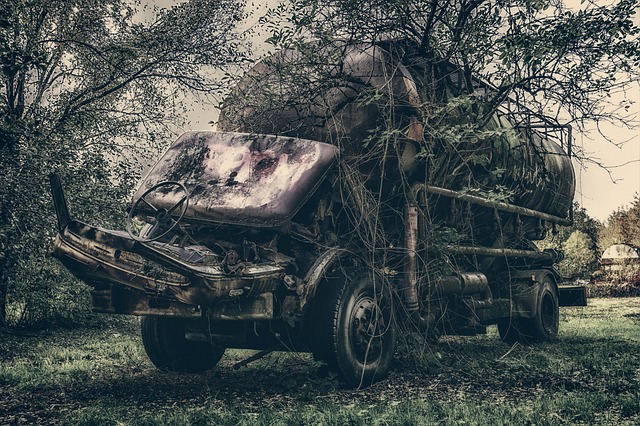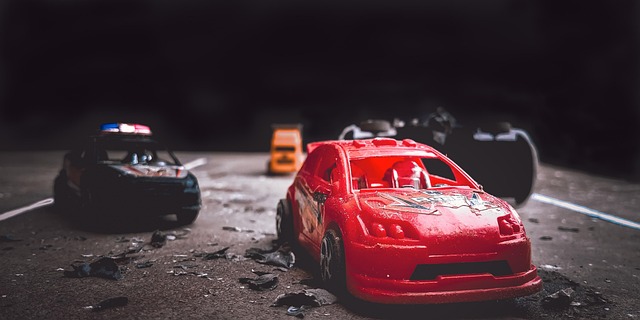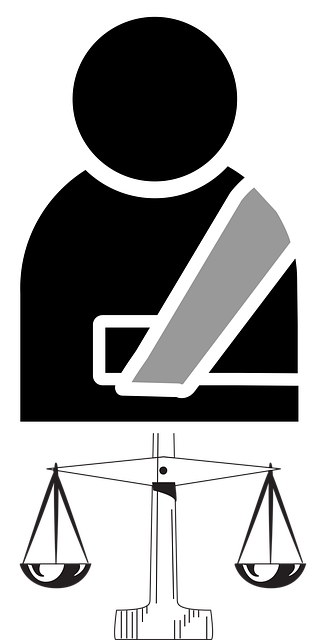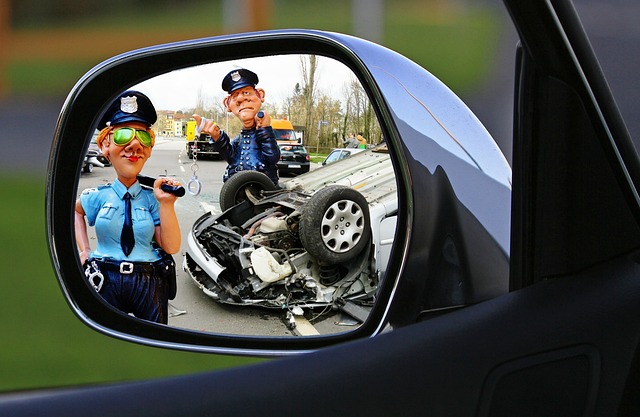In a car accident with an uninsured driver, prioritize safety and legal obligations. Report the incident to police, gather crucial info from other drivers, and document all details thoroughly. Consult a lawyer specializing in car accidents without insurance to protect your rights and navigate legal processes, especially for injuries or property damage. Be aware of potential liability issues like nursing home neglect and seek compensation accordingly.
In the aftermath of a car accident, especially when involved with an uninsured driver, understanding your legal obligations and available steps is crucial. This article guides you through the complexities of navigating a car accident without insurance, highlighting the pivotal role police reports play in such scenarios. Learn essential protections for yourself and others, offering practical steps to take immediately following an uninsured car accident. Key focus on ‘car accident no insurance’ ensures comprehensive coverage of this critical issue.
- Understanding Your Legal Obligations After a Car Accident Without Insurance
- The Role of Police Reports in Uninsured Accidents
- Protecting Yourself and Others: Steps to Take Following an Uninsured Car Accident
Understanding Your Legal Obligations After a Car Accident Without Insurance
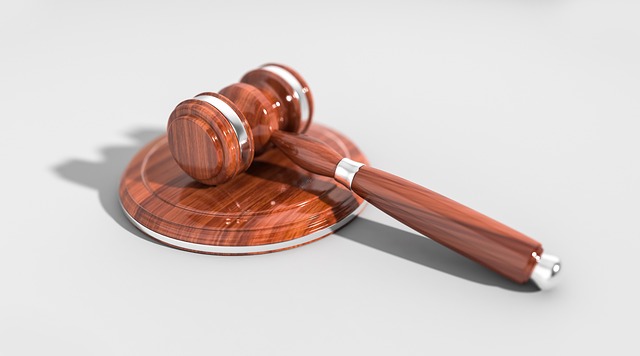
After a car accident, especially when involved with a driver who lacks insurance, understanding your legal obligations is crucial. In many jurisdictions, drivers are legally bound to report accidents involving property damage or personal injury to local law enforcement, regardless of their insurance status. This requirement stems from the need to maintain public safety and ensure accurate records for future reference.
In the event of a car accident no insurance, it’s important to gather all necessary information from the other driver, including their name, contact details, vehicle registration, and insurance (if available). If the at-fault driver is unwilling or unable to provide this information, you should still document the incident by taking photos of the vehicles involved, exchanging contact details with witnesses, and noting down any relevant details about the accident. Subsequently, filing a police report and consulting an accident lawyer can help protect your rights and guide you through the legal process, ensuring you’re not left vulnerable in the aftermath of such an incident.
The Role of Police Reports in Uninsured Accidents
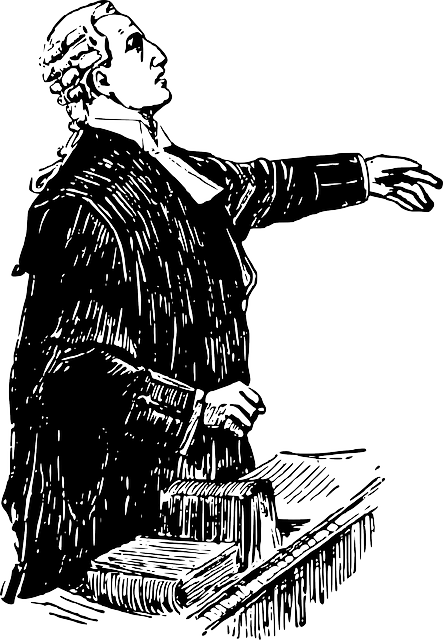
In the event of a car accident involving an uninsured driver, police reports play a pivotal role in the aftermath. These detailed records serve as crucial evidence, documenting the circumstances leading up to and during the collision. When dealing with a car accident no insurance scenario, every detail matters, from vehicle damage to injuries sustained. Police officers, trained to assess such incidents, provide an unbiased account that can significantly influence insurance claims or legal proceedings.
The presence (or absence) of insurance information is a critical factor documented in these reports. They also capture any discussions regarding liability, particularly when dealing with potential defective products or nursing home neglect, which are unrelated to the immediate accident but may impact subsequent legal actions. Elder law, for instance, can come into play if an elderly individual is involved and requires specialized care post-accident, especially if there’s a question of neglect or inadequate safety measures in a nursing home setting.
Protecting Yourself and Others: Steps to Take Following an Uninsured Car Accident
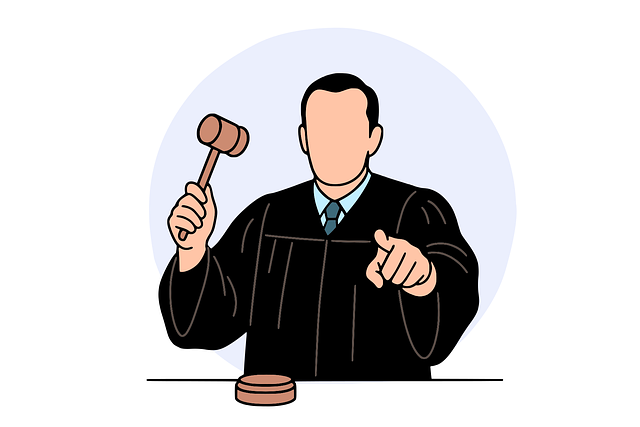
After a car accident with an uninsured driver, prioritizing your safety and that of others is paramount. The first step is to ensure everyone involved is secure. If possible, move vehicles off the road or to a safe location to avoid further accidents. Seek immediate medical attention for any injuries, even minor ones, as untreated conditions can lead to complications later. Document the incident by taking photos of the accident scene, damage to vehicles, and any visible injuries. Exchange information with other parties involved, including names, contact details, and insurance policies (if available).
In the aftermath, consider reporting the accident to your local law enforcement. They can help facilitate a police report, which is crucial for legal purposes and insurance claims. While dealing with the emotional and physical fallout, consult with legal professionals experienced in handling car accidents no insurance cases. They can guide you through your options, including potential wrongful death claims or medical negligence suits if severe injuries occur. Additionally, be vigilant against any signs of nursing home neglect or other forms of liability that might arise from the incident, ensuring you protect your rights and seek appropriate compensation.
After a car accident involving an uninsured driver, understanding your legal obligations and taking appropriate steps is crucial. These include documenting the incident through police reports, gathering evidence, and seeking medical attention if needed. Despite challenging circumstances, protecting yourself and others post-accident is essential. By following these guidelines, you can navigate the aftermath of a car accident no insurance situation more effectively.

